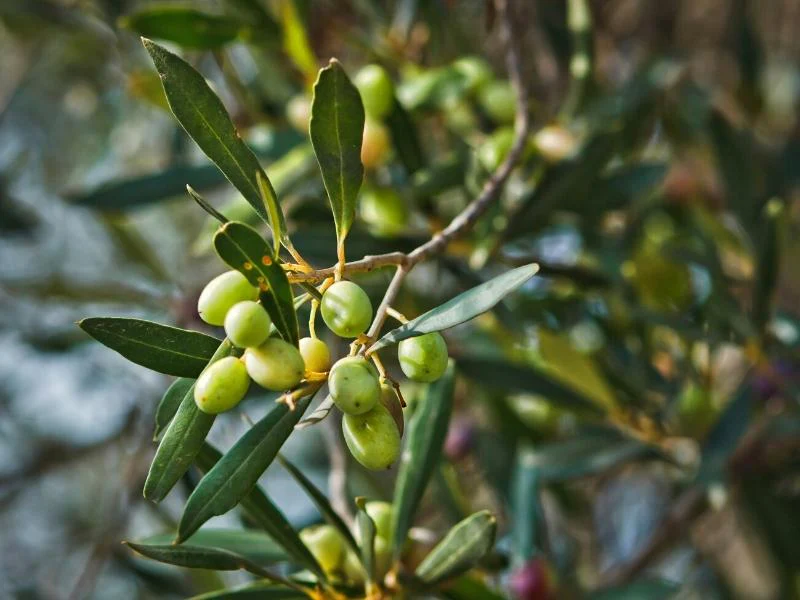
But beyond producing some of the finest olive oils in the Mediterranean, Tunisia is now opening its doors to a unique form of tourism—olive oil tourism—inviting travelers to explore the groves, traditional mills, and artisanal producers who keep this ancient heritage alive.
Tunisia is the fourth-largest olive oil producer globally and the largest exporter outside the European Union. Its diverse climate zones—from the fertile northern hills to the sun-drenched plains of the south—create perfect conditions for growing some of the healthiest and most flavorful olive varieties.
Visiting Tunisia’s olive oil regions offers a chance to:
Discover the ancient traditions behind olive cultivation and oil extraction
Taste award-winning extra virgin olive oils
Engage with local farmers and artisans
Experience the rural landscapes and authentic Tunisian hospitality
Known as Tunisia’s “olive oil capital,” Sfax and its surroundings produce a large percentage of the country’s oil. Visitors can tour sprawling olive groves and visit traditional mills, some of which date back centuries.
This lush peninsula near Hammamet is rich with olive groves set against Mediterranean views. It’s ideal for combining olive oil tourism with seaside relaxation.
A less traveled area, the forests and hills of Jendouba offer organic and artisanal olive oil experiences. This region highlights sustainable farming methods and eco-tourism.
Olive oil tourism in Tunisia is immersive. Visitors can:
Walk through ancient olive groves with trees sometimes over 1,000 years old.
See traditional olive presses, including stone mills and modern cold-press machines.
Participate in the harvest season (October to December), learning how olives are picked by hand.
Visit olive oil cooperatives, where small-scale farmers pool their harvests and produce artisanal oils.
Just like wine tasting, olive oil tasting is an art—and Tunisia offers expert-led sessions where visitors learn to:
Detect flavor notes like fruity, grassy, peppery, or nutty
Understand the difference between extra virgin, virgin, and refined oils
Pair olive oil with traditional Tunisian dishes such as brik, couscous, grilled fish, and salads
Many estates offer cooking classes using olive oil as a star ingredient, revealing how integral it is to Tunisian gastronomy.
Some farms and estates have embraced agrotourism, offering:
Farm stays amid olive groves
Guided tours and workshops
Olive oil spa treatments using natural olive-based products
Olive harvest participation packages
This style of tourism connects guests directly with the land and the people, offering a peaceful, educational, and authentic rural escape.
Tunisia’s olive oil tourism also supports sustainable agriculture and helps preserve traditional cultivation methods. Visitors contribute to local economies, encourage eco-friendly practices, and help maintain the biodiversity of Tunisia’s olive landscapes.
Best time to visit: October to December (harvest season) for the most interactive experience.
Combine your visit: Pair with cultural tours in Tunis, Carthage, or coastal resorts like Hammamet.
Transportation: Rent a car for flexibility or book guided tours focusing on olive oil regions.
Local festivals: Attend olive festivals such as the Festival of Olive Oil in Sfax, featuring tastings, music, and crafts.
Olive oil tourism in Tunisia offers a rare glimpse into a millennia-old tradition that is still very much alive and thriving. It’s a journey of taste, history, and nature—perfect for food lovers, cultural explorers, and anyone eager to connect deeply with Tunisia’s land and people.